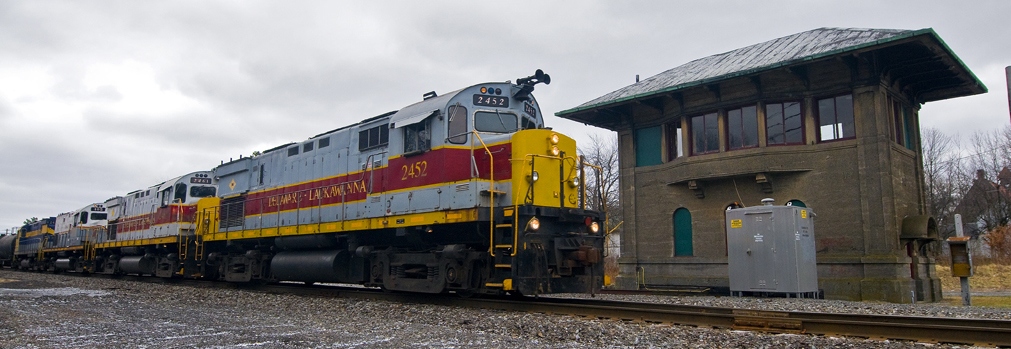
Business Planning & Development
Stable or growing freight volumes are essential to the success of a Short Line, as even minor fluctuations in business volumes can result in significant short-term consequences. RLBA assists Short Lines and their suppliers with planning and business development services tailored to each individual situation. RLBA performs financial and economic analyses in combination with face-to-face customer interviews to provide each client with the accurate and actionable information needed to sustain or grow freight business.
Select Project Descriptions:
COOS BAY RAIL LINK:
Following the embargo of a rail line operated by Rail America, the Port of Coos Bay engaged RLBA to assist it in assessing the economics of the rail operation and to assist it in retaining a short line operator. RLBA submitted six Verified Statements in support of a Feeder Line Application filed with the Surface Transportation Board (STB), after which RLBA staff interviewed representatives of all major shippers on the line to ascertain:
- historical rail traffic volumes and shipper requirements so as to develop future railroad freight traffic projections;
- how much more it was costing shippers to ship by a combination of a truck haul to a rail transload and then by rail as compared with an all-rail haul; and
- how volume might change in the future. RLBA’s Director of Transportation Engineering physically inspected the right of way and estimated future rehabilitation and maintenance costs.
RLBA then developed a Business Plan which was used to attract necessary financing and solicit short line operators. RLBA worked with the Port and Union Pacific to negotiate the establishment and retention of a viable short line contract operator. In 2013, the Coos Bay Rail link inaugurated service following the hard work of its staff, RLBA and a team of other dedicated rail experts.
CAPITAL METRO:
Austin’s transit agency engaged RLBA as part of a team to develop a Ten-Year Strategic Freight Rail Plan as it geared up to host its new start commuter rail service between Leander and Downtown Austin. CMTA owned 154.1 miles of active right-of-way on which railroad freight service is provided through a contract operator. As part of this project, RLBA conducted customer interviews to develop volume forecasts and customer satisfaction measures. RLBA also benchmarked freight rates to inform tariff rate adjustment alternatives. RLBA developed a volume flow analysis to support drafting of a capital plan. Finally, RLBA analyzed alternative business models regarding how CMTA might outsource freight operations. Alternative business structures such as leasing the line, franchising the freight operations, establishing an independent operating subsidiary or trust and contracting separately for passenger operations, freight operations and infrastructure maintenance were all options evaluated against CMTA objectives of preserving control over commuter operations and preserving owned right-of-way to facilitate passenger rail expansion.
